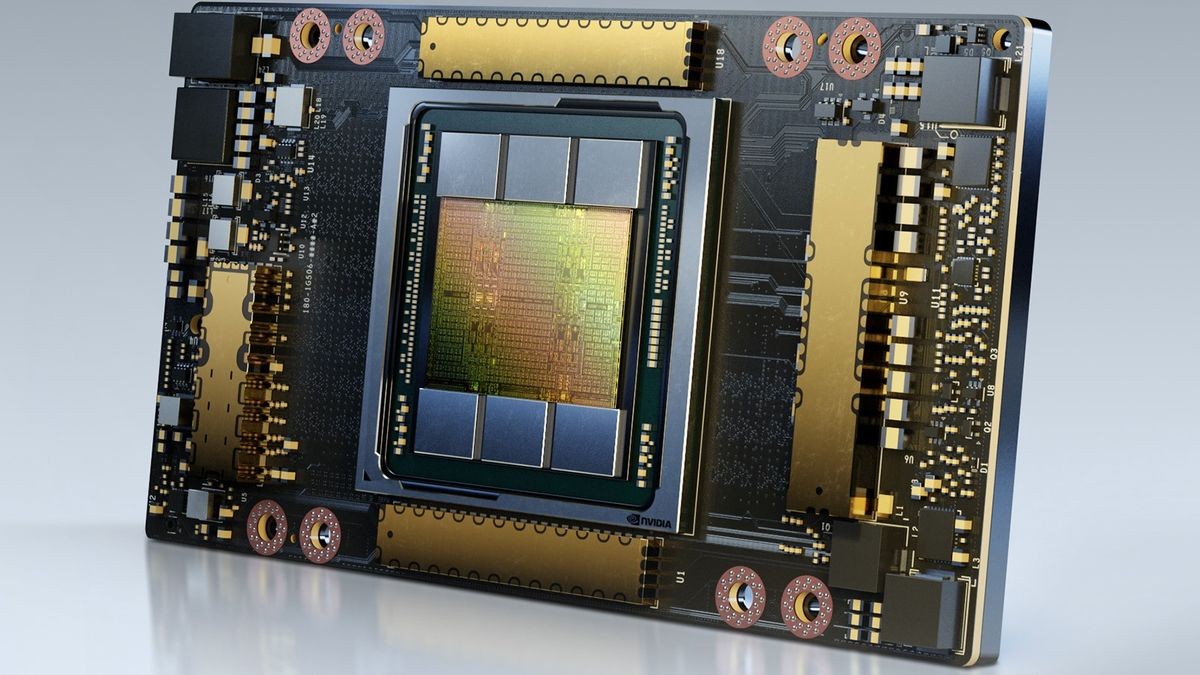
In a surprising turn of events, renting Nvidia's advanced AI GPUs is now more affordable in China compared to the United States. The cost difference is substantial, with eight Nvidia A100 GPUs available for rent at just $6 per hour in China.
This pricing disparity highlights the intense competition in the AI hardware market and raises questions about global access to cutting-edge technology. Nvidia, the leading chipmaker in the AI industry, has seen unprecedented demand for its GPUs as companies worldwide rush to develop and deploy AI applications.
The lower rental costs in China could potentially accelerate AI development in the region, giving Chinese companies and researchers a competitive edge. On the other hand, this situation may prompt concerns in the U.S. about maintaining its technological leadership in the AI field.
Nvidia's A100 GPUs are considered the gold standard for AI training and inference tasks. Their availability at such competitive rates in China underscores the country's growing importance in the global AI landscape.
This development comes at a time when Nvidia is experiencing explosive growth in its data center business, which now accounts for the majority of the company's revenue. The company's ability to meet the surging demand for AI hardware has been a key factor in its recent success.
However, industry analysts caution that the AI boom may not last forever. Nvidia has weathered similar cycles in the past, such as the cryptocurrency mining craze, and will need to continue innovating to maintain its market position.
As the AI industry evolves, Nvidia is already looking beyond its current success in data centers. The company is exploring opportunities in emerging fields such as autonomous vehicles, augmented reality, and robotics, leveraging its expertise in GPU technology and software ecosystems.
The cheaper GPU rental rates in China may be just one aspect of the rapidly changing AI landscape. As competition intensifies and new players enter the market, Nvidia will need to navigate carefully to sustain its growth and maintain its leadership position in the AI hardware industry.